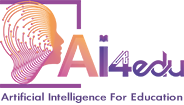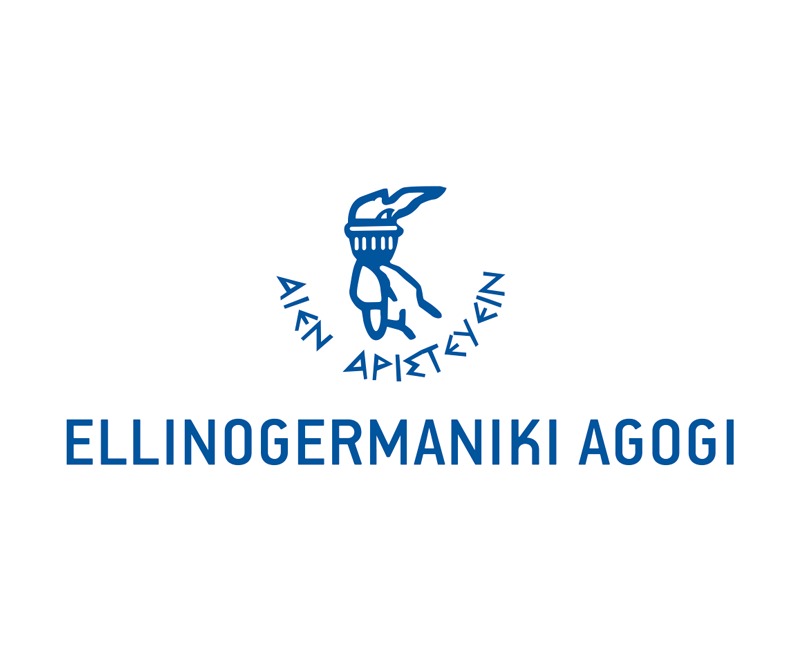EA has a very strong vision-generated interest and rich research and development activity in the fields of Inquiry Based Science Education (IBSE), Project Based Learning (PBL), and STEM education in combination with digital, online based learning environments and tools that use virtual reality, augmented reality and story-based education. EA is continuously modernizing STEM education by promoting and creating user-driven learning environments for students and offering numerous opportunities for teachers’ professional development to be prepared and thrive in the landscape of unprecedented challenges and opportunities in the 21st century. Under this approach, EA has taken up the challenge to embed innovative pedagogical practice that effectively uses a range of ICTs in STEM classrooms, as well as driving up student academic outcomes across the school. Moreover, a large range of previous projects were focused on developing and implementing technological tools which leverage both digital science repositories and IBSE/PBL learning. As part of this, EA has developed numerous scenarios for STEM education in which participators live their learning experience in every place. Established in 1995, the Research and Development Department of EA is guiding the introduction of innovation in the school setting. The R&D Department acts as an interface between the pedagogical research, the technological innovation and the school community. It focuses on the design, implementation and support of pedagogical and technological innovation in educational practice, both through internal research as well as through collaborations with numerous educational, research and commercial institutions. EA is a founding member of the European School Innovation Academy (ESIA – https://esia.ea.gr/), which is promoting a European standard-based IBSE competence framework that will facilitate the professional development of teachers in applying and implementing IBSE, as well as supporting the creation of a European community of practice among science teachers to modernize science education. Overall, EA has a very strong and proven experience in actively extending the dialogue between scientific and the educational community, enforcing the collaboration between schools and research organisations, centers and museums, and helping young people to acquire better understanding of the role of science in the society. In this framework coordinates large scale policy experimentation actions like the Reflecting for Change Initiative (https://reflecting4change.eu/) and Coordination Actions like the Open Schools for Open Societies (https://www.openschools.eu/) that are introducing the concept of open schooling to numerous schools in Europe and in the USA. EA is a Certified Centre for Teachers’ Continuing Professional Development since 2002 (Center Code: 4 – 626 4230_01, 08/02/2002).
PARTNER ROLE:
EA, being an expert educational partner in the deployment of innovative educational technological solutions in schools, will lead WP4, which involves the design and implementation of pilots of the AI4EDU and their evaluation in terms of user experience, usability and technology acceptance in real educational settings. EA, with its wide and strong connections with stakeholders, policy makers of the educational ecosystem in Europe, established through its active participation in Erasmus+ projects, will also lead WP8, devoted to the dissemination and communication of AI4EDU outcomes and ensure their impact and sustainability. EA will also collaborate with LTU, UCY CPI and DEC on the development of the pedagogical framework of the AI4EDU deployment (WP2) and will be heavily involved in the development of guidelines and policy recommendations (WP7), in collaboration with the educational and technological partners.



